Baijiu, China’s national spirit and one of the world’s most consumed liquors, has a storied history dating back thousands of years. Renowned for its potent aroma, complex flavors, and cultural significance, baijiu is a staple at banquets, celebrations, and everyday gatherings. However, as enthusiasts and collectors seek to preserve its quality, a common question arises: Can baijiu be stored in the refrigerator? This article delves into the science, cultural practices, and practical considerations surrounding baijiu storage, exploring whether refrigeration is beneficial, detrimental, or simply a matter of personal preference.
Understanding Baijiu: A Brief Overview
Before addressing refrigeration, it is essential to grasp the basics of baijiu. This spirit is typically distilled from sorghum, wheat, rice, or other grains, and its production involves fermentation with qu—a unique starter culture rich in microorganisms. The result is a diverse range of styles, including strong aroma (the most popular category), light aroma, sauce aroma, and rice aroma baijius. Each type boasts distinct flavor profiles, from floral and fruity notes to earthy, soy sauce-like undertones.

Baijiu’s alcohol content typically ranges from 40% to 60% ABV (alcohol by volume), making it a highly resilient spirit. Unlike wine or beer, which are perishable and require careful temperature control, distilled spirits like baijiu have a near-indefinite shelf life if stored properly. However, “properly” is the operative word—environmental factors such as light, temperature, and oxygen exposure can still impact its taste and aroma over time.
The Basics of Spirit Storage: Temperature, Light, and Air
To evaluate whether refrigeration is advisable, one must first understand the general principles of storing distilled spirits:
-
Temperature Stability: Fluctuations in temperature can cause expansion and contraction of the liquid, potentially damaging the bottle’s cork or seal and allowing oxygen to seep in. While baijiu is less vulnerable to temperature swings than wine, extreme heat or cold may still affect its chemical composition.
-
Light Exposure: Ultraviolet (UV) rays from sunlight or artificial light can degrade organic compounds in spirits, leading to “light strike”—a phenomenon that imparts off-flavors often described as “skunky” or “cooked vegetables.” This is why dark-colored bottles (common in baijiu packaging) are preferred, as they block UV rays.
-
Oxygenation: Once a bottle is opened, oxygen begins to interact with the spirit, gradually altering its flavor. While some oxidation can mellow harsh edges, excessive exposure may flatten the aroma and taste.
Given these factors, the ideal storage environment for baijiu is a cool, dark place with consistent temperature and minimal air contact. A cellar, cupboard, or wine fridge set to a steady temperature (typically 10–15°C or 50–59°F) is often recommended. But where does the refrigerator fit into this equation?
Refrigeration and Baijiu: The Pros and Cons
The refrigerator, a household staple for preserving food and beverages, operates at temperatures between 1–4°C (34–39°F). While this environment is excellent for slowing bacterial growth and maintaining freshness in perishables, its effects on baijiu are more nuanced.
Potential Benefits of Refrigeration
-
Preservation of Aroma and Flavor:
Cold temperatures can slow down chemical reactions, including oxidation and hydrolysis (the breakdown of molecules by water). For opened baijiu bottles, refrigeration might theoretically延缓 flavor degradation by minimizing these processes. However, the high alcohol content of baijiu already acts as a natural preservative, making this benefit marginal. -
Chilled Serving Temperature:
Some drinkers enjoy baijiu chilled, particularly in warmer climates or during summer months. A refrigerated bottle can be poured over ice or served neat at a lower temperature, which may mellow the spirit’s intensity and make it more refreshing. However, this is a matter of personal preference rather than long-term storage. -
Preventing Spoilage (for Infused Baijius):
Homemade or flavored baijius, such as those infused with herbs, fruits, or spices, may benefit from refrigeration to prevent microbial growth. The lower temperature inhibits bacteria and yeast that could thrive in sugar-rich infusions.
Potential Drawbacks of Refrigeration
-
Altered Taste Profile:
Cold temperatures can suppress volatile aromatic compounds, muting the spirit’s complexity. Baijiu’s nuanced flavors—such as floral, fruity, or nutty notes—may become less pronounced when served or stored at refrigerator temperatures. This is why whiskey enthusiasts often advise against chilling high-quality spirits, as the cold numbs the palate. -
Condensation and Label Damage:
Storing baijiu in the refrigerator may cause condensation on the bottle’s surface, especially if the environment is humid. While this is harmless to the liquid itself, moisture can damage labels, corks, or decorative packaging over time. -
Thermal Shock:
Repeatedly moving a baijiu bottle between the refrigerator and room temperature can create thermal stress. This may cause the glass to contract and expand, potentially loosening the cork or seal and increasing the risk of oxidation. -
Energy Consumption:
Refrigerators consume significant energy, and storing baijiu long-term in a cold environment may be impractical for eco-conscious consumers.
Expert Opinions and Scientific Studies
While formal research on baijiu refrigeration is limited, experts in spirit chemistry and storage offer insights. Dr. Li Hua, a professor of food science at Jiangnan University, notes that “the impact of refrigeration on baijiu is minimal for short-term storage (a few weeks to months), but prolonged exposure to cold may flatten its aromatic intensity.” He recommends storing unopened bottles at room temperature and refrigerating only opened ones to slow oxidation.
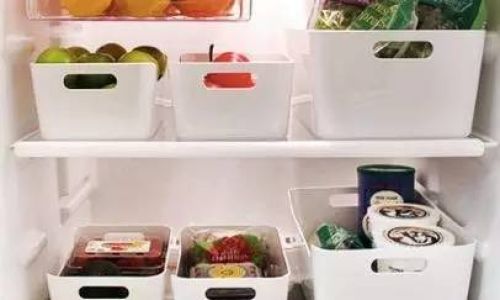
Similarly, Master Distiller Chen Wei of Wuliangye, a leading baijiu producer, advises against refrigeration for premium varieties. “Sauce-aroma baijiu, with its rich umami and long fermentation, develops more complexity at cellar temperatures,” he explains. “Chilling it would mask the very layers that collectors prize.”
Refrigeration vs. Other Storage Methods
To contextualize refrigeration, it is worth comparing it to alternative storage methods:
-
Cellars or Wine Fridges:
These environments maintain a stable temperature (10–15°C) and humidity level (60–70%), ideal for aging baijiu. The absence of light and minimal vibrations further protect the spirit’s integrity. -
Pantry or Cupboard:
A dark, room-temperature cupboard is suitable for most baijius, provided temperatures remain consistent (15–25°C or 59–77°F). Avoid storing bottles near heat sources like ovens or radiators. -
Freezers:
Freezing baijiu is strongly discouraged, as water content may expand and rupture the bottle. Additionally, extreme cold numbs flavors and aromas, defeating the purpose of preservation.
Practical Tips for Baijiu Storage
-
Unopened Bottles:
Store upright in a cool, dark place. If refrigerating temporarily (e.g., for a party), limit exposure to a few hours before serving. -
Opened Bottles:
Once opened, baijiu begins to oxidize. To slow this process:- Recork the bottle tightly after each use.
- Consider decanting into smaller bottles to reduce air contact.
- Refrigerate if consuming within a few weeks; otherwise, store at room temperature.
-
Aging Baijiu:
For collectors aging baijiu to enhance its flavor, avoid refrigeration. The subtle interactions between the spirit, cork, and environment over years or decades require stable, moderate conditions.
Cultural Perspectives on Baijiu Storage
In China, baijiu is often stored and consumed in ways that reflect tradition and regional customs. For example:
- Wedding Bottles: It is common to gift baijiu at weddings, where bottles are sometimes stored for years as keepsakes. These are typically kept in homes rather than refrigerators.
- Business Banquets: High-end baijius served at formal dinners are rarely chilled, as the focus is on showcasing their full flavor spectrum.
- Summer Drinking: In southern provinces like Guangdong, chilled baijiu cocktails (e.g., mixed with soda or herbal tea) gain popularity during hot months, though purists may frown upon this practice.
The Verdict: To Refrigerate or Not to Refrigerate?
The answer depends on context:
- For Unopened, Premium Baijius: Refrigeration is unnecessary and may hinder aging potential. Store at room temperature in a dark, stable environment.
- For Opened Bottles: Refrigeration can slow oxidation if consumed within a month. However, ensure the bottle is tightly sealed.
- For Infused or Flavored Baijius: Refrigeration is advisable to prevent spoilage.
- For Chilled Serving: Refrigerate briefly before serving, but avoid prolonged cold storage.
Conclusion: Balancing Tradition and Practicality
Baijiu’s resilience as a distilled spirit means it tolerates a range of storage conditions, but optimal preservation hinges on minimizing light, temperature fluctuations, and oxygen exposure. While refrigeration is unlikely to harm baijiu in the short term, it may diminish its aromatic complexity—a trait central to its appeal.
Ultimately, the decision to refrigerate baijiu rests on individual priorities: whether to prioritize long-term aging, short-term freshness, or a refreshing serve. By understanding the science and cultural nuances behind baijiu storage, enthusiasts can make informed choices that honor this ancient spirit’s legacy.
So, the next time you ponder, “Can baijiu be stored in the refrigerator?” remember that context is key. A cool, dark cupboard may suffice for most occasions, but a chilled bottle on a summer’s eve could be the perfect way to savor China’s national drink.
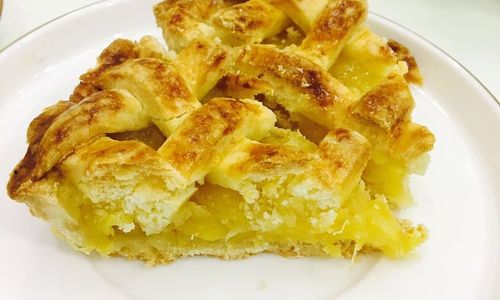
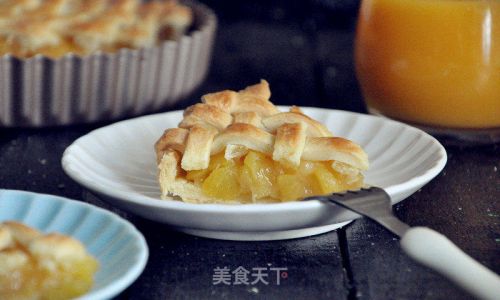
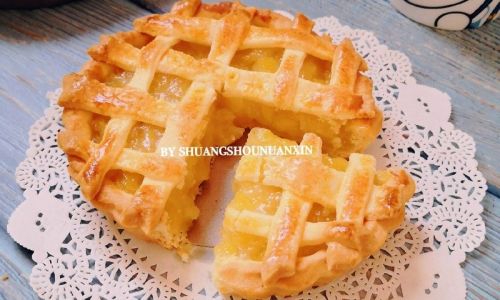
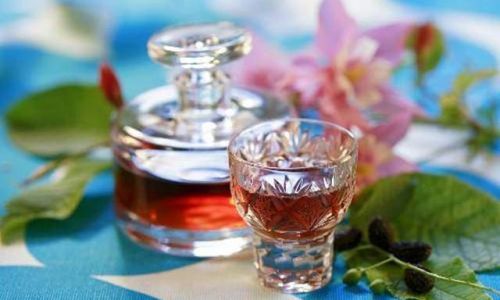
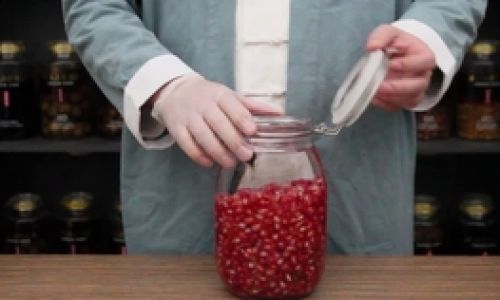

0 comments